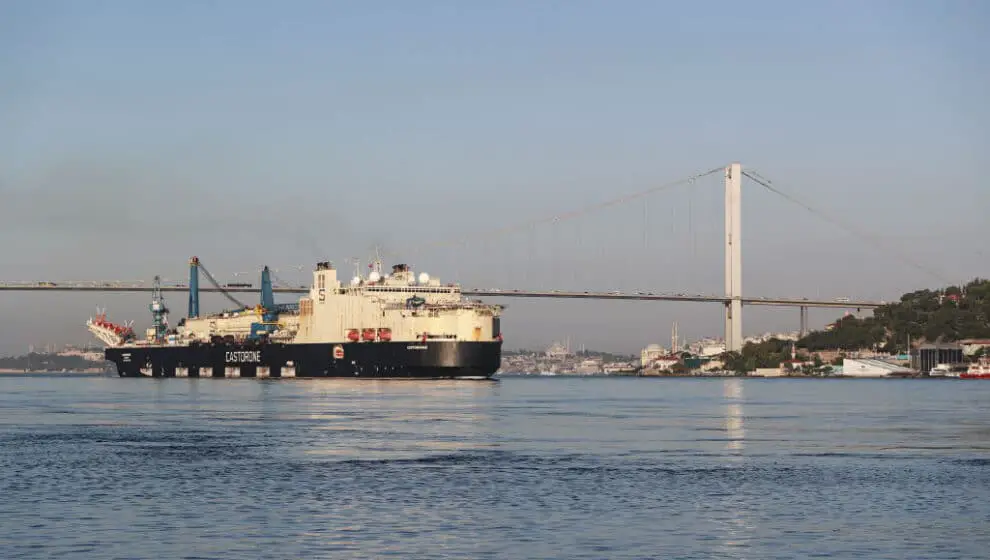Deep-sea mining may prove crucial to launching the green revolution.
Key details
Proponents of deep sea mining say that the market for rare-earth mining at the bottom of the ocean may open up within the next year.
The Pacific Island of Nauru caused waves when it activated a “two-year trigger” in the UN Convention of Law of the Sea last year, which is forcing the International Seabed Authority to accelerate its regulatory framework for deep sea mining sometime in the next year.
“Many countries have now set their sights on a new market: the deep ocean floor. These depths potentially hold an untapped trove of metals—nickel, cobalt, copper, and manganese—tucked into polymetallic nodules, potato-shaped deposits that are millions of years old. Mining these riches, they say, is the key to a greener future,” says Foreign Policy.
Why it’s important
Deep sea mining could help with the global transition away from fossil fuels. The metals at the bottom of the ocean include valuable minerals that can be used in the construction of electric vehicles (EVs), rechargeable batteries, and wind turbines.
Mining them under the ocean could also help curb the problems with land-based mining: pollution, runoff, and human rights abuses associated with mining.
Backing up a bit
Mining the sea floor will create logistical issues that will need to be addressed by mining companies. Cold temperatures, extreme pressure, and limited or no light will mean the mining will need to use remote-operated devices that can pull up the potato-sized nodules from the ocean floor.
“A number of countries (including the U.S.) and private companies have invested in developing technology to explore the deep-sea environment and locate potential mining sites. However, no deep-sea commercial mining operations have been established yet,” according to the US Government Accountability Office.
Environmentalists are concerned about the effects of deep sea mining—how disruption is going to affect animal life and disturb habitats. “The race to tap the riches of the seafloor reflects the fundamental paradox of global growth. To fight environmental problems, such as accelerating climate change brought about by unchecked growth and consumerism, some say there may be little alternative but to court fresh environmental havoc,” says Foreign Policy.
